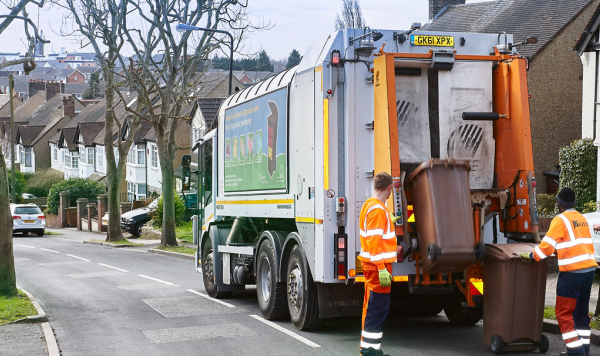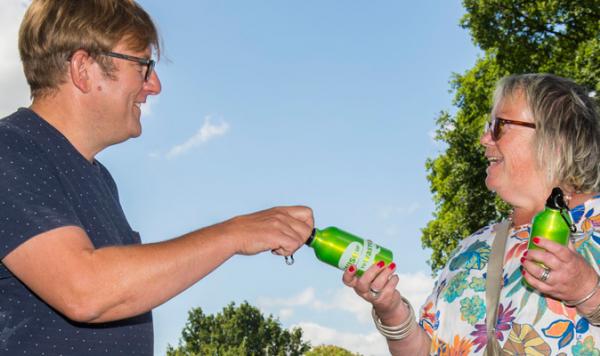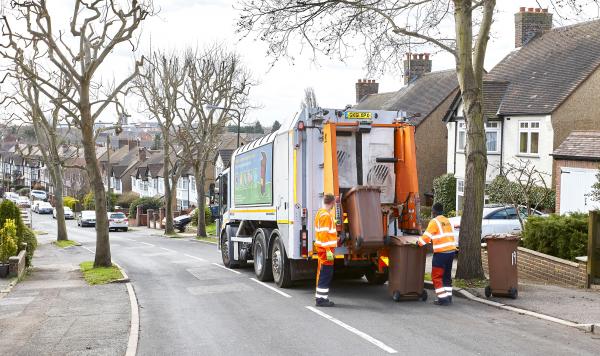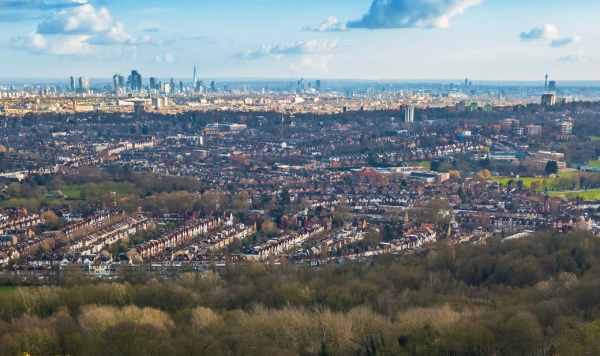Request
hi i'm interested in mattresses and their environmental impact. at the moment there are a lot of problems that need to be thought through and resolved. many of the current business models that are associated with mattresses are unsustainable. data from the most national bed federation recycling report (2019) https://www.bedfed.org.uk/wp-content/uploads/nbf-national-mattress-end-of-life-report-2019.pdf year 2012 2013 2014 2015 2016 2017 mattress recycling rate 10% 13% 16% 13% 15% 19% according to the national bed federation, “rudimentary extrapolation, at the current rate of growth 100% mattress recycling won’t be achieved for another 50 years” a recent guardian article noted some interesting problems in the mattress sector the mattress landfill crisis: how the race to bring us better beds led to a recycling nightmare https://www.theguardian.com/ environment/2020/feb/12/mattress-landfill-crisis-recycling-nightmare "a wall street journal reporter recently calculated that if she took advantage of all the offers available, she would be able to sleep on a free mattress for eight years" "our ever-growing used mattress problem is also being exported. in july 2019, 100 containers of british waste were found in the port of colombo, sri lanka" 'the authorities are aware of the criminality in the industry, but don’t have the resources or political wherewithal to deal with it. “it’s the wild west at the moment”' however, it is important to note that whilst there are several problems in this sector these problems are not unique to mattresses. similar issues apply in several sectors, e.g. special inquiry into counterfeit, fraudulent, and suspect items in operating nuclear power plants https://www.nrc.gov/docs/ml2204/ml22040a111.pdf "most, if not all, u.s. nuclear powe r plants contain counterfeit or fraudulent parts, potentially increasing the risk of a safety failure" https://www.theverge.com/2022/2/11/22929255/us-nuclear-power-plants-dangerous-counterfeit-parts-nrc-report problems with sustainability go beyond specific industries. several countries work on the basis of unsustainable or unfair economic models. how many earths? https://www.overshootday.org/how-many-earths-or-countries-do-we-need/ according to the earth overshoot day team if everybody on the planet had the luxembourg lifestyle it would require 8.2 planets, extending the american dream globally would require 5.1 planets, the "british dream" is relatively low budget at an unsustainable 2.6 planets. the anthropologist ronald wright wrote in an article "can we still dodge the progress trap?" https://thetyee.ca/analysis/2019/09/20/ronald-wright-can-we-dodge-progress-trap/ "calculations of humanity’s footprint suggest we have been in ‘ecological deficit,’ taking more than earth’s biological systems can withstand, for at least 30 years". challenging problems that have massive social and environmental ramifications require inclusive discussions and careful robust analysis. key objectives include: analysing and discussing a wide range of difficult technical and ethical issues with a view to developing constructive, inclusive and sustainable outcomes effective and transparent data analysis that uses robust statistical techniques to deal with uncertainties in measurement pursuing a thorough review of the options for transparent and effective regulation of manufacturing processes, e.g. recycling and disposal of mattresses. i've enclosed a few data related questions below: questions there are some options for integrating the costs associated with recycling and disposal into the price of the bed. have you got a scheme for collecting and or recycling used mattresses? if you have a scheme do you have any documentation on scheme(s) that you are involved with for returning and recycling mattresses? do you collect data on: the landfill impact of mattresses in the uk? the landfill impact of mattresses from your area? do you have any documentation on toxicity and chemical impacts of mattresses? key chemicals of interest include: polyurethane oganophosphates phthalates pfas do you have any documentation on the metrics and the statistical work that you undertake to evaluate the impacts of mattresses on the environment? thanks for your attention. looking forward to future discussions.
Response
Further to our email acknowledging your EIR request (reference 2022-195), our response is as follows.
The Authority commenced a mattress recycling scheme on 21 June 2021. Mattresses are delivered by the public to our Reuse and Recycle Centres (RRCs) or collected by the boroughs as part of their existing bulky waste collection schemes. They are then taken by the current off-taker, Matt UK, to be recycled. In the 12 months leading up to September 2022, we recycled 87,415 mattresses. Below are links to our webpage on disposal of mattresses, which references the recycling scheme, and two articles about the scheme.
North London residents recycle 13,600 old mattresses in just 10 weeks | NLWA
700 Mattresses Extracted from Waste Stream Each Week in North London Recycling Trial | NLWA
Below is a link to Matt UK’s website, which contains information about the recycling process.
http://www.matt-uk.co.uk/recycling-process/
We have written about the mattress recycling scheme in the Authority reports set out below.
|
Meeting |
Report Title |
Link |
|
|
24 June 2021 |
Services Update |
|
|
|
7 October 2021 |
Services Update |
|
|
|
16 December 2021 |
Services Update |
|
|
|
10 March 2022 |
Services Update |
|
|
|
23 June 2022 |
NLWA Annual Report 2021-22, section 3 (Recycling Services) |
|
|
|
23 June 2022 |
Services Update |
||
|
15 December 2022 (forthcoming) |
Services Update |
|
We do not collect data on the landfill impact of mattresses in the UK as we incinerate most waste that cannot be recycled.
We do not hold any documentation on the toxicity and chemical impacts of mattresses or any metrics or statistics regarding the impacts of mattresses on the environment.
If you would like any further information, please do not hesitate to raise a further information request. If you would like to complain about our handling of information requests, you can do so by emailing this email address (informationrequests@nlwa.gov.uk) or using the enquiry form on our website.




